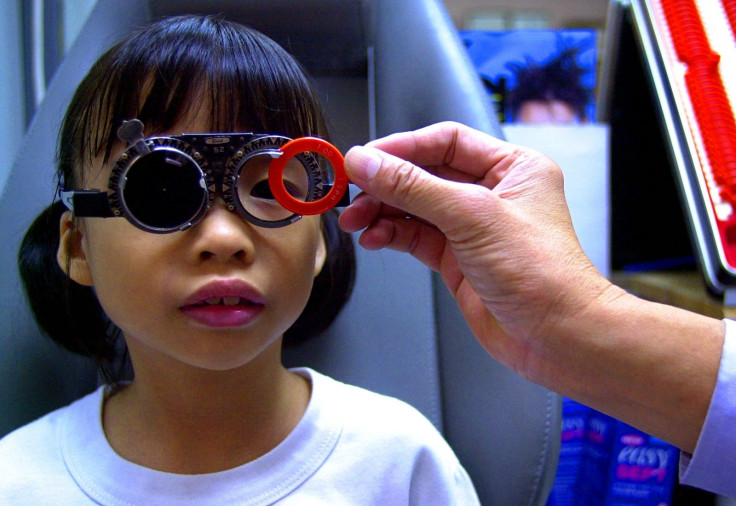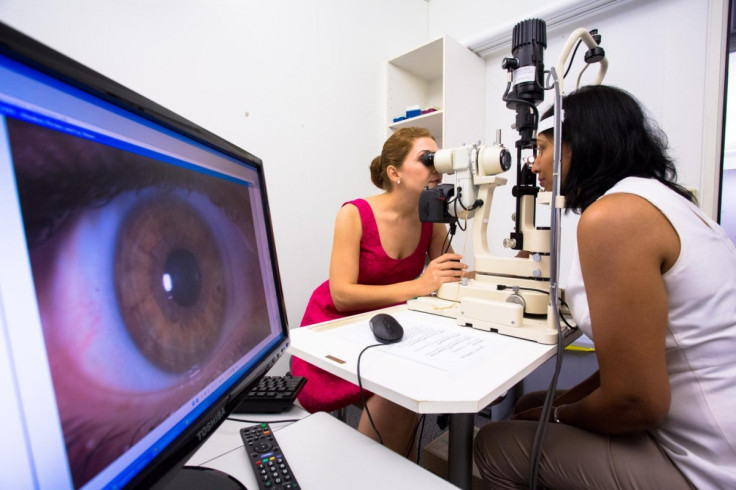Blindness epidemic inevitable unless children put down iPads and play outside more
A global blindness epidemic is imminent if children do not change their behaviour.

Children should be made to play outside for two hours each day in order to halt a global epidemic of short sightedness – which has the potential to create a surge in blindness.
That is the verdict of Dutch ophthalmologist Caroline Klaver, the latest expert to warn against increased prevalence of myopia among young people spending too much time sitting indoors looking at screens.
She says half of European 20-somethings now wear glasses or have contact lenses – roughly twice as many cases as there were 50 years ago.
Of those, one in twenty requires "high-sighted", requiring a lens strength of -6 or more. These extreme cases are at a very high risk of retinal detachment, which causes blindness.
"Nearsightedness is becoming the biggest cause of blindness. That's what it really is," she said.
"One in three high-sighted people is visually impaired at both eyes, with a vision of less than 30%. This is how tens of thousands of myopics become the blind of tomorrow.
"And unfortunately we cannot do anything yet for adults who have become visually impaired due to myopia," she added, in conversation with NRC.
What is myopia?
Myopia, also known as short sightedness or nearsightedness, is a refractive error in the eye. Klaver calls it "long eye" because the distance between the cornea and the centre of the retina is too long, meaning it cannot focus properly on objects close by.

What causes myopia?
Aside from being more physiologically disposed to myopia by having "longer" eyes, a number of other environmental factors can increase the chance of a person developing nearsightedness.
These include:
- Working too close to books – the stereotype of a brainy person wearing glasses is actually rooted in the fact that children who spend more hours hunched in front of a book are more likely to develop the condition
- Staring at screens for too long – the proliferation of computers, ipPds and mobile phones is undoubtedly connected to the surge in myopia
- A lack of sunlight – children are spending more and more time indoors but our eyes have evolved to accommodate pre-modern lifestyles of being outdoors
Kalver said: "We have to make sure that far fewer children become short-sighted, especially by having them outside for two hours a day."
The professor believes that schools must play a bigger role in helping to combat the epidemic, citing her own experience as a parent: "I have children myself, in year 8 and in high school, and I have seen these schools change. In the last five years, more schools have gone to a continuous schedule, and every break is cut so that you are out sooner. And during the breaks, the children do not even have to go outside! That is really bad."





















